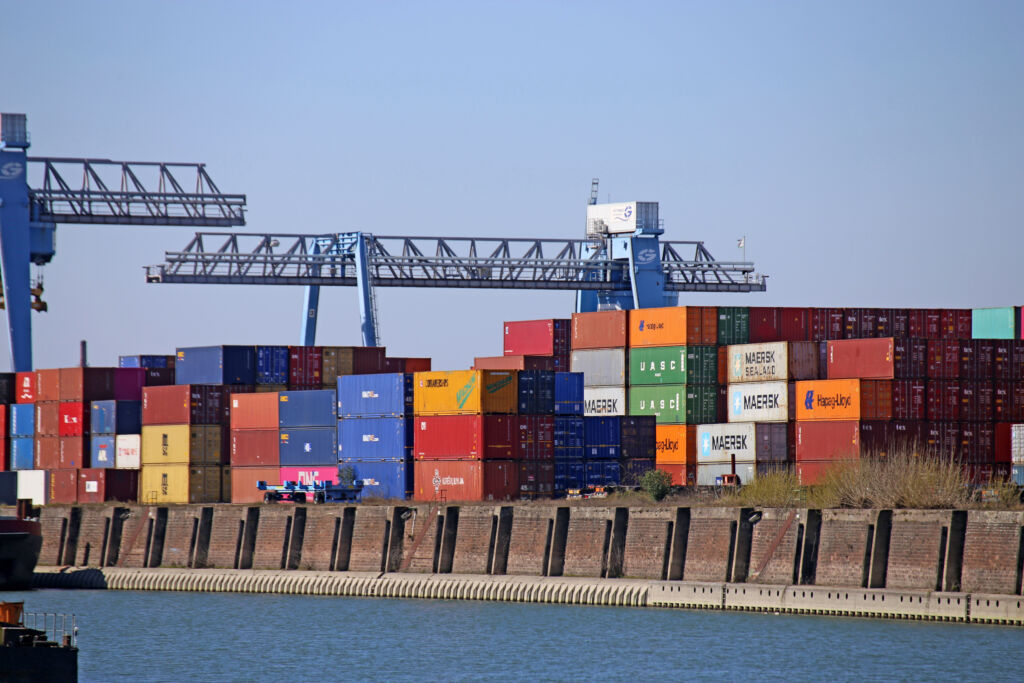Fifty years ago, The Limits to Growth1 was released. This report, based on a computer simulation of exponential economic and population growth with finite resources. While the initial report received significant criticism for its modelling and simulations, the underlying premise, that growth will reach a natural and unavoidable limit, is one that has been largely accepted and repeated in subsequent analyses.
The origins of “degrowth'' can be traced to the writing of Ivan Illich (1973), with the concepts formation attributed to the recent work of Serge Latouche (2009) and the European intellectual movement that would develop following the 2008 economic crisis. The concept was first popularized as Descroissance (Degrowth) by Latouche and French social movements. In the decade that has followed, the idea of downscaling economic growth has been adopted by ecological movements across Europe and North America.2 For Latouche, degrowth signifies “a radical shift from growth as the main objective of the modern economy, toward its opposite (contraction, downshifting).”3
Limits and the Degrowth movement both serve important roles in broadening political economic discourses. However, these views of the future are still limited by neoliberal parameters and Euro/white-centring. Padini Nirmal and Dianne Rocheleau (2019) explain,
The most cogent social, political, and ecological critiques of degrowth note the individualistic nature of voluntary simplicity couched as personal choice. They call on degrowth to go beyond criticism of the growth paradigm, to engage in political struggles against capitalist economics, neoliberal and imperial political regimes, extractivism and environmental pillage (Brownhill et al., 2012).4
The focus on the Global North and hegemonic dominance of capitalist modes of exploitation and extraction not only defines the limits within these terms but also the solutions. As Sara Holiday Nelson explains in her 2015 interview,
The question of what those limits are, and how they might be shifted—not transcended by some techno futurism, but how a different mode of social organisation or economic production might have different limits—suggests that speaking of ecological limits only makes sense if these are considered relative to any particular kind of social organisation. For instance, the idea of “peak oil”...is only a “limit” to an economic system that depends on cheaply-available fossil fuels. I am therefore against an absolute notion of limits, such as for instance a neo-Malthusian view that equates the scarcity of certain resources with a fundamental limit to human life on Earth. This approach still allows us, I think, to talk about a notion of relative limits at any given historical moment.5
In his book, In defense of degrowth, Giorgos Kallis calls degrowth “an informed maturing of a radical environmentalism.”6 But a mature environmentalism would surely be one that returns to the roots of environmental justice, recognizing that the effects of environmental devastation and climate change are neither caused nor experienced equitably, while employing decolonization and intersectional lenses. Doing so would recognize that just 90 companies responsible for two-thirds of historical greenhouse gas emissions7 while, conversely, Indigenous Peoples “play an outsized role in the governance, conservation and sustainable use of the world’s biodiversity and nature.”8
At the same time, the people most likely to be impacted by degrowth or economic contraction are the same people who have been impacted by the ongoing economic shocks of the global pandemic: lower wage workers in less secure, more flexible employment.
The July/August issue of the Monitor explores the future of growth. We are accepting pitches that explore the following questions (and more!): What could the future of growth look like that includes everyone and ensures the sustainability and livability of our planet? How can we use this moment of upheaval to push for a more equitable model of growth that lifts everyone up and what would it look like? How do we evaluate degrowth, post-capitalist futures, nowtopias against feminist, disabled, and decolonial principles to ensure an equitable future? We want to hear from you.
What we're looking for
We are looking for feature articles, investigative journalism, illustrations, and book reviews that are rooted in an intersectional analysis between 700-1,500 words. Your writing style should be accessible (not academic or theoretical).
The Monitor is committed to maintaining gender equity in every issue and is actively working to promote work from Black, Indigenous and racialized writers. We prioritize publishing authors who are 2SLGBTQQIA+, disabled, fat, poor, and/or otherwise marginalized.
Pitches for the July/August issue are due April 15, 2022.
How to pitch
Your pitch should include what topic you want to cover, how you are approaching it (style, content) and your estimated word count. Please also include your relevant experience and background in writing about this topic. Pitches should be sent to monitor@policyalternatives.ca.
If you have not written for the Monitor before, please provide a link to a short writing sample.
If your pitch is accepted, first drafts are due May 15, 2022. We will work with you through the editing process. We reserve the right to edit your work.
We aim to reply to every pitch—including those that we can’t accommodate right now. However, because of time constraints and the volume of pitches we receive, we may not be able to respond to everyone. If you don’t hear back within two weeks of the pitch deadline, please assume that we were unable to accept your pitch.
We encourage you to keep reading the Monitor and pitch us again in the future!
Notes
1 The Club of Rome, The Limits to Growth. Retrieved from: http://www.donellameadows.org/...
2 Nirmal, P. & Rocheleau, D. (2019). Decolonizing degrowth in the post-development convergence: Questions, experiences, and proposals from two Indigenous territories. Nature and Space, 2(3), 465-492.
3 Foster, J.B., 2011, Jan 1. Capitalism and Degrowth: An Impossibility Theorem
https://monthlyreview.org/2011...
4 Nirmal, P. & Rocheleau, D. (2019). Decolonizing degrowth in the post-development convergence: Questions, experiences, and proposals from two Indigenous territories. Nature and Space, 2(3), 465-492.
5 Levy, G. 2015, December 15. How neo-liberalism used the “limits to growth”
https://unevenearth.org/2015/1...
6 Page 17, https://indefenseofdegrowth.com/; quoted on Page 469, Nirmal, P. & Rocheleau, D. (2019). Decolonizing degrowth in the post-development convergence: Questions, experiences, and proposals from two Indigenous territories. Nature and Space, 2(3), 465-492.
7 https://stacker.com/stories/39...
8 ICCA Consortium. 2021. Territories of Life: 2021 Report. ICCA Consortium: worldwide. Available at: report.territoriesoflife.org.





